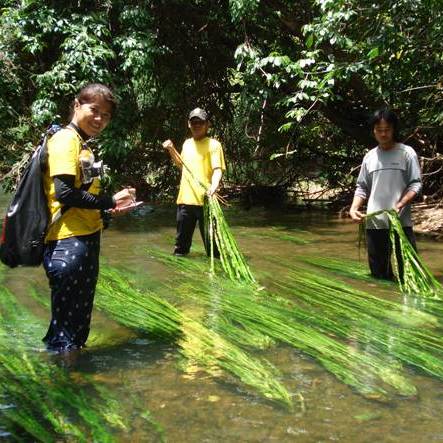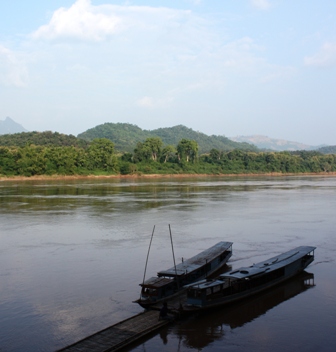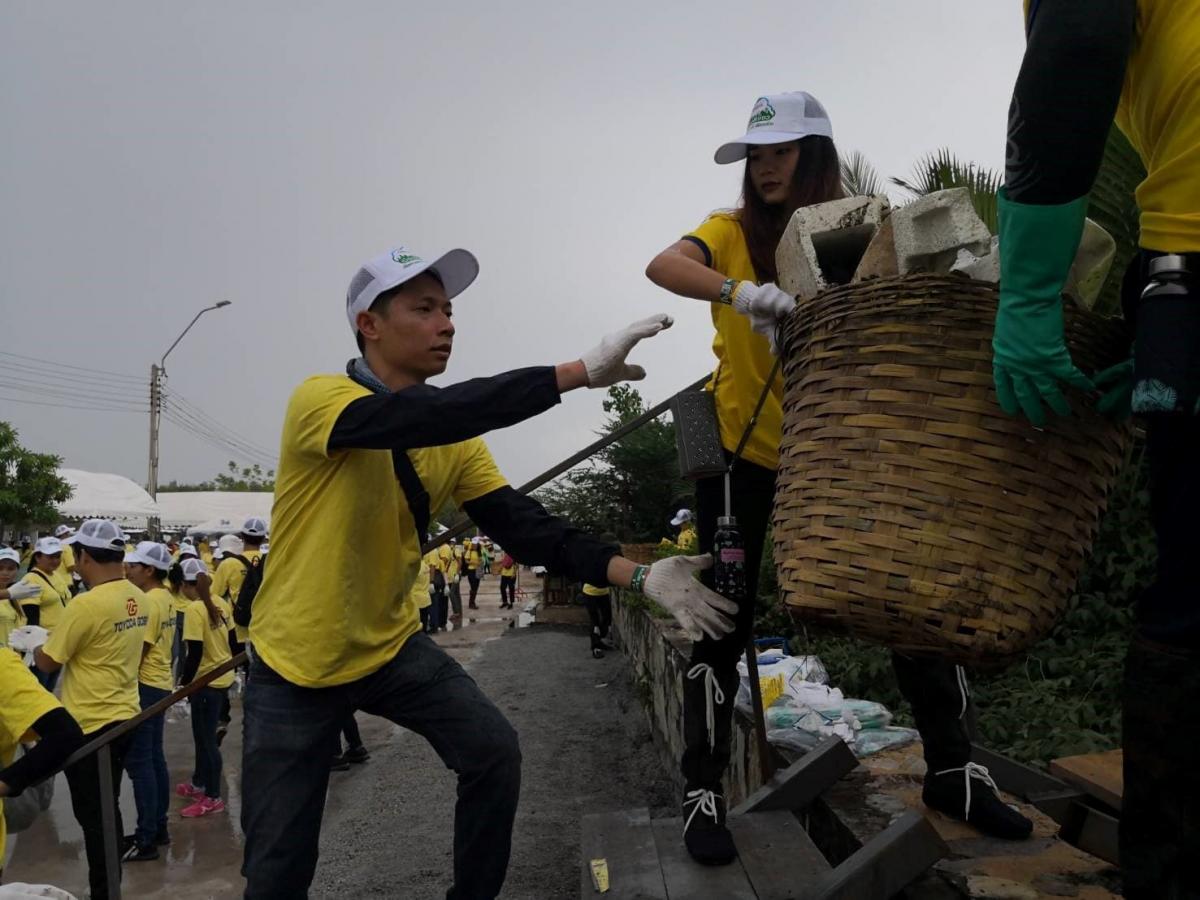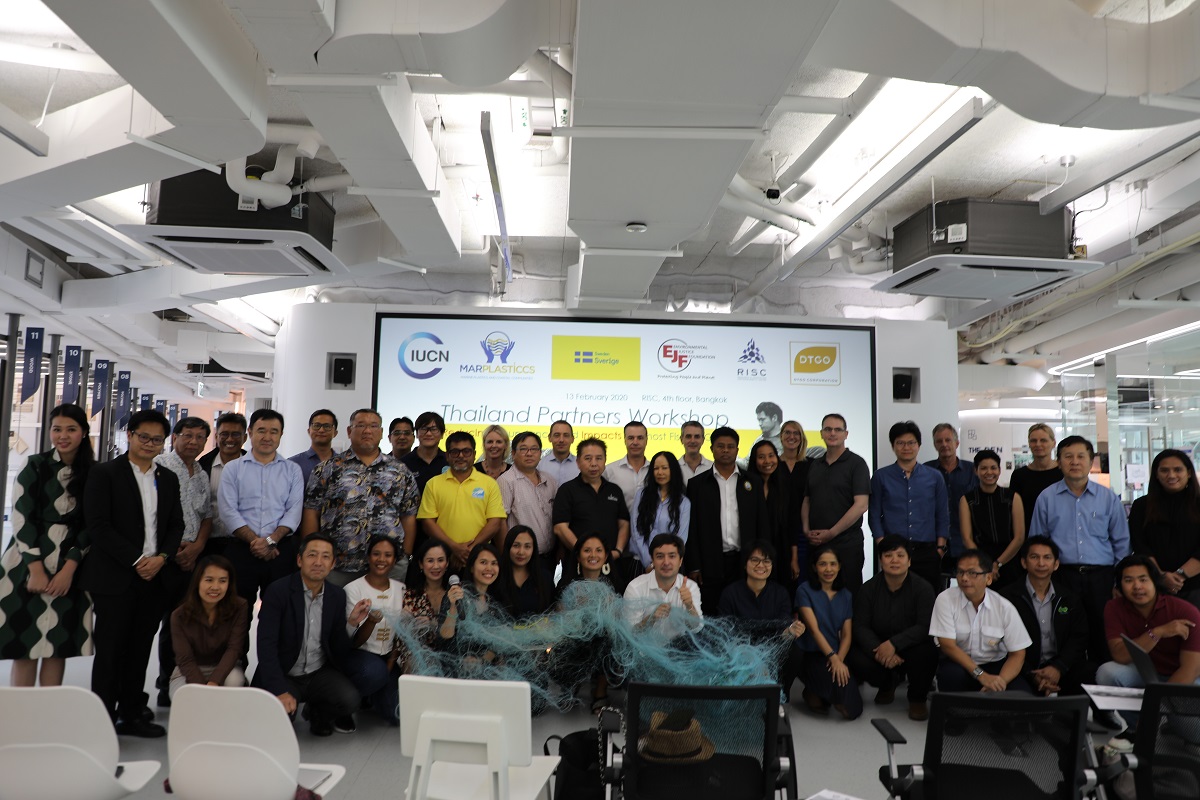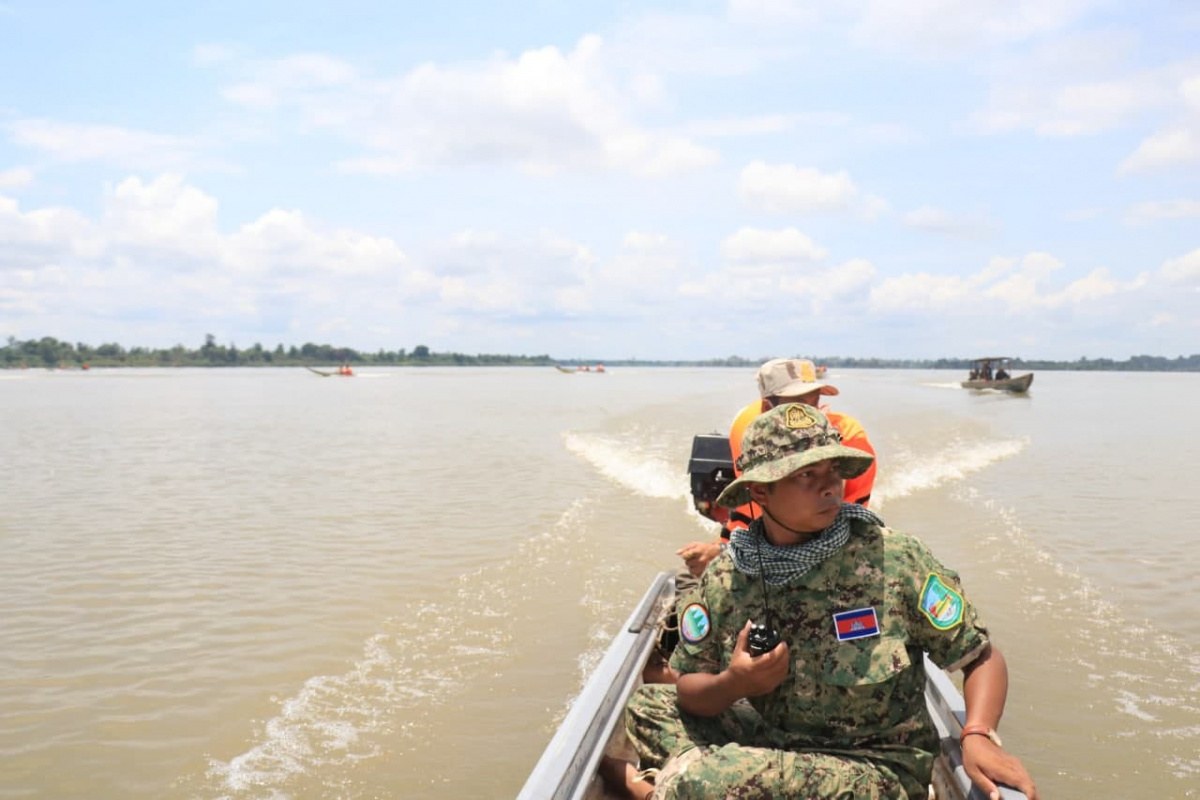Water means wealth – ‘smart’ water management in Asia and the Pacific
Marseille, France, 16 March 2012 - Availability of fresh water is essential to social and economic growth. Investing in sustainable water management should be a priority for all decision makers, according to a recent publication by IUCN (International Union for Conservation of Nature) and ADB (Asian Development Bank).
Water Wealth, launched today at the World Water Forum in Marseille, draws on 45 case studies showing new solutions to water challenges applied in Asia and the Pacific. These involve strengthening the resilience of river basins through sustainable management of the natural infrastructure responsible for storing and regulating water, such as forests, soils and wetlands.
“Asia and the Pacific are witnessing rapid economic growth which is changing landscapes and people’s lifestyles,” says Ganesh Pangare, Head of IUCN’s Water Programme in Asia. “But the region is also struggling with a serious water crisis which threatens to set back this robust development. This book can help us learn from people in this fascinating region who have found inexpensive yet effective ways to secure water for all and maintain the economic boom.”
In the Mekong River Basin, which is the longest transboundary river in Southeast Asia, pollution, droughts and floods are threatening the basin’s natural resources which secure the livelihoods of 100 ethnic groups. As a response, the intergovernmental Mekong River Commission encourages cross-border cooperation to sustainably develop, use and conserve the resources.
The Na Kha river basin in Thailand is struggling with poor water quality, erosion of river banks and the imminent extinction of the endemic water lily – an important source of income for local people. With IUCN's support, a local conservation group established water quality and erosion monitoring stations, as well as water lily nurseries along the Na Kha river. As a result, the Government of Thailand has recognized the water lily as one of Thailand’s ten most endangered species.
In Vanuatu in the South Pacific, where water is increasingly scarce, an education programme has been introduced to raise awareness about water management.
“Most countries still prefer to invest in ʻhardwareʼ such as dams and canals, rather than ʻsoftwareʼ such as research and policy, monitoring and public education,” says Mark Smith, Director of IUCN’s Global Water Programme. “But these examples clearly show that such relatively inexpensive solutions can lead to large improvements in the health of rivers and the economy.”
According to the book, low income countries that had access to clean water in 1965 saw an average growth rate of 3.7% per year up to 1994. In comparison, countries with similar income levels but poorer access to water resources grew at only 0.1% per year over the same period.
“Finance and planning leaders will decide how water-secure tomorrow’s society will be”, says Wouter Lincklaen Arriens, Lead Water Resources Specialist, ADB. “This book shows how smart investments in Asia's river basins are already making a difference for socio-economic prosperity.”
Issues involving water management will be discussed further at IUCN’s World Conservation Congress in Jeju, Republic of Korea, 5-15 September 2012.
Spokespeople:
Ganesh Pangare, Head, IUCN Water Programme in Asia, Ganesh.Pangare@iucn.org
Mark Smith, Director, IUCN Global Water Programme, Mark.Smith@iucn.org
James Dalton, Coordinator, Global Initiatives, IUCN Global Water Programme, james.dalton@iucn.org
Wouter Lincklaen Arriens, Lead Water Resources Specialist, ADB.
Photos for download
B-roll available upon request
Live studio quality audio interviews are available for broadcasters via our ISDN line (APTX/G722). Please call +41 22 999 0346 to book an interview slot.
For more information, or to set up interviews, please contact:
• Ewa Magiera, IUCN Media Relations, m +41 79 856 76 26, e ewa.magiera@iucn.org
• In Marseille: Brian Thomson, IUCN Media Relations, m +41 79 721 8326, e brian.thomson@iucn.org
Claire Warmenbol, IUCN Water Programme Communications Officer: m +41 79 404 1973, e claire.warmenbol@iucn.org
